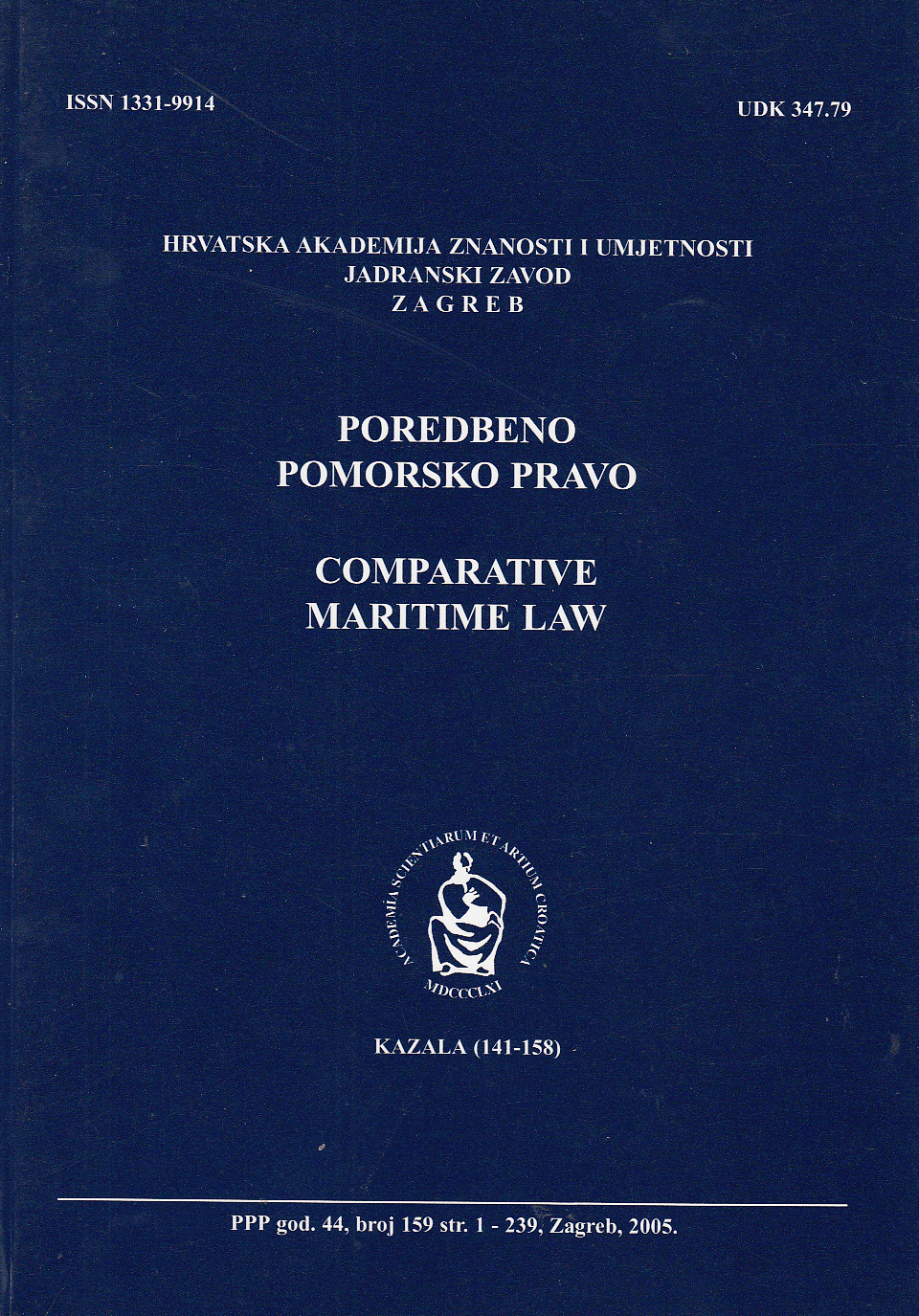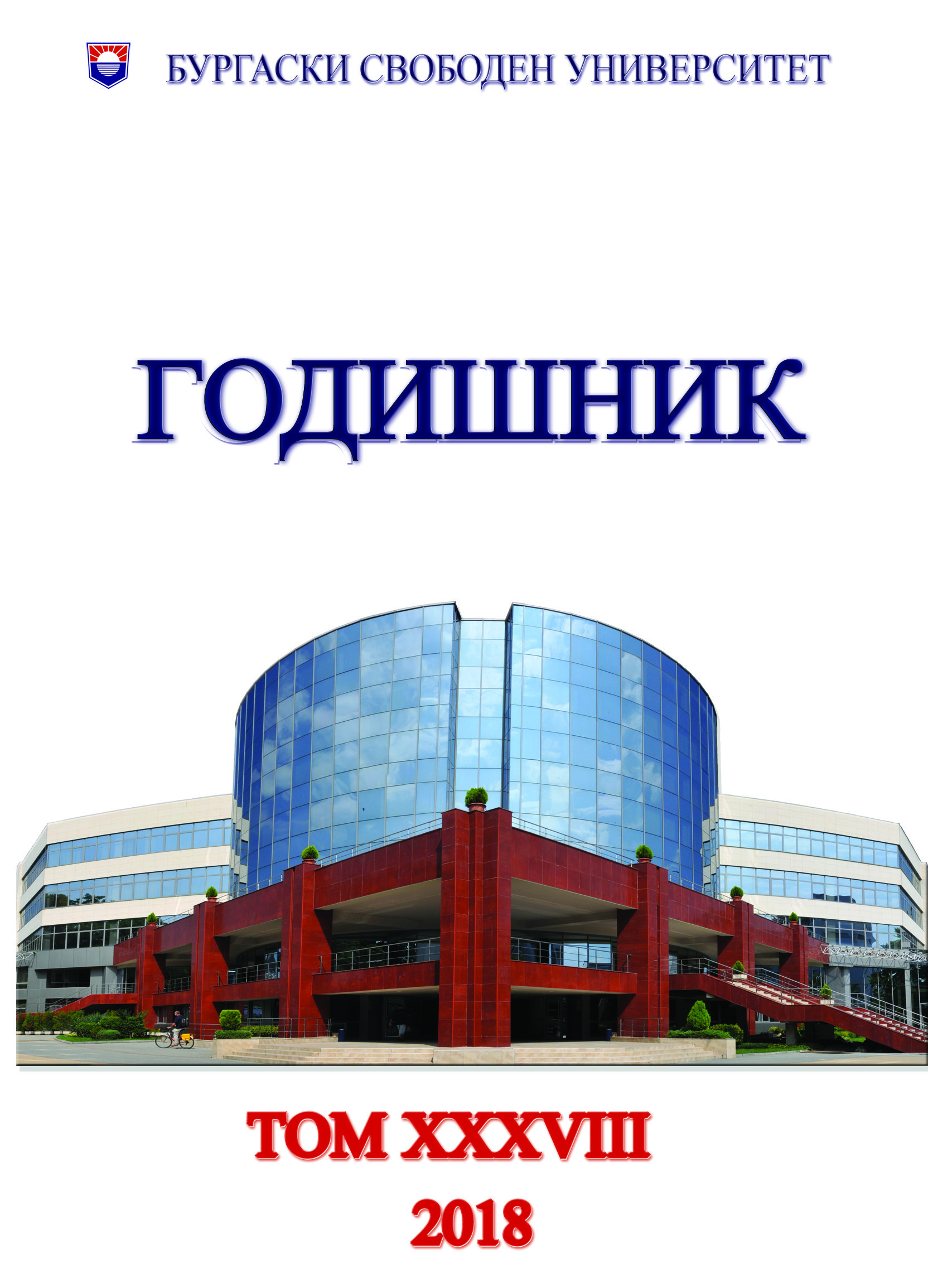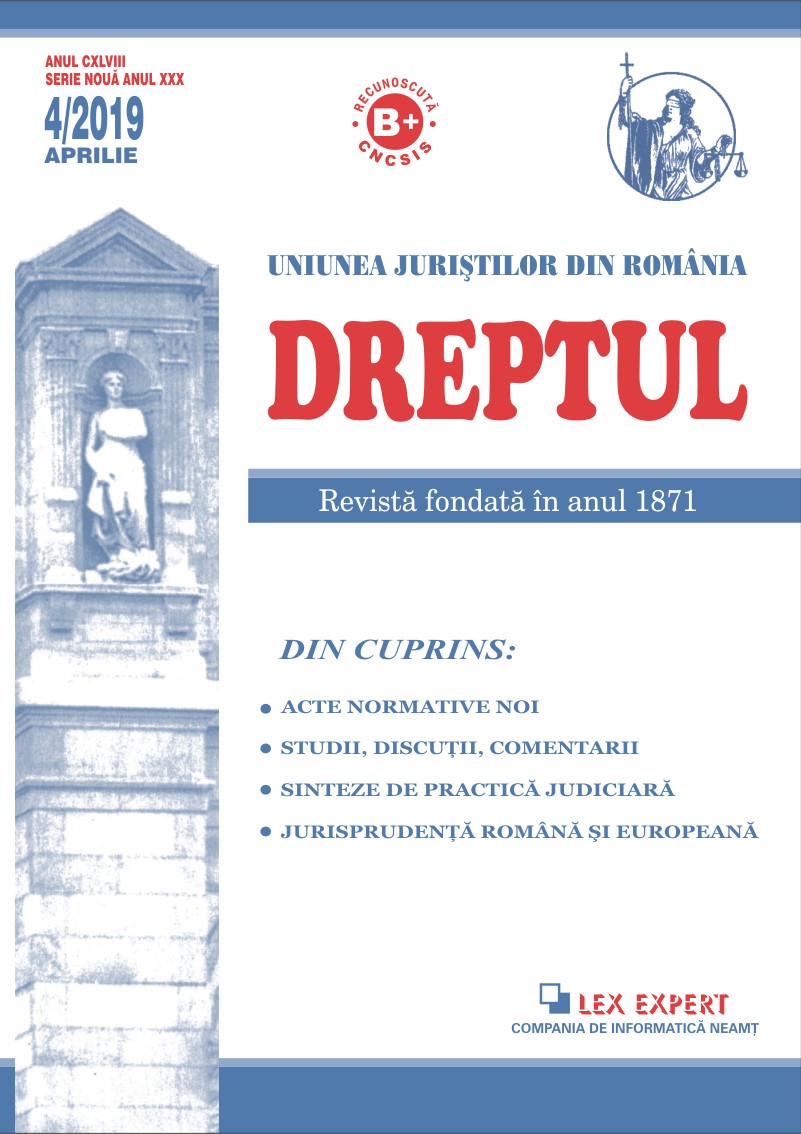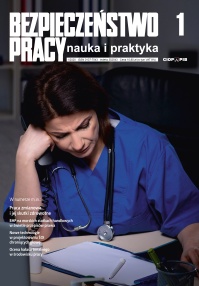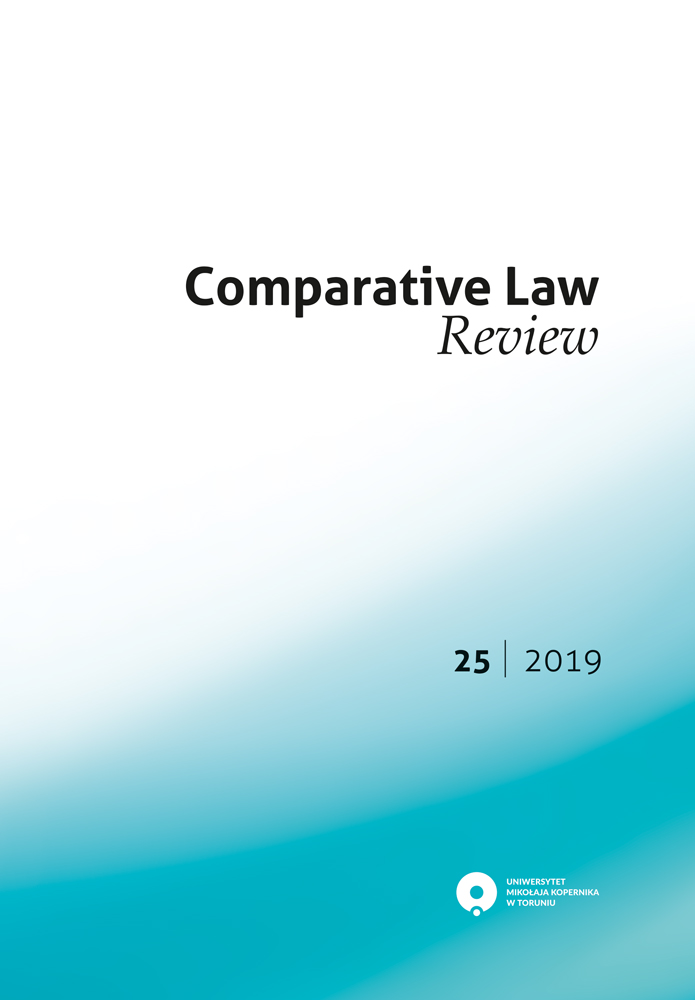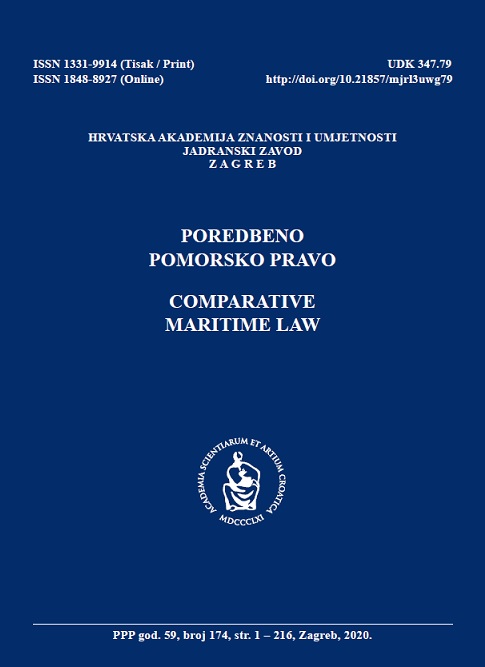Author(s): Gabriel-Marcel Mihai / Language(s): Romanian
Issue: 04/2019
Within the international trade relations, risks may currently arise from certain facts or events that result in conflict situations between the parties involved in commercial operations, having as consequence the appearance of the litigation. In this context, a special place is occupied by maritime litigation, a complex, plurivalent dispute, combining elements emerging from international trade law, transport law and maritime law. The present study aims to identify and analyze the main issues that give the maritime litigation a particular nature, conferring it, legally, a specific character compared to other international trade disputes. The objectives of the research are circumscribed to the analysis of the characteristics of the maritime litigation, of the causes of its occurrence and of its conditions of manifestation. Within the paper, special attention was devoted to studying how to instrument the maritime litigations, with the methods of the maritime technique and the legal and economic solutions used in this matter. With regard to the procedures of settlement of maritime litigations, the study focuses on highlighting the operational phases, the analysis of evidence and of other issues that configure the applicable procedural framework in case the parties involved have expressed the option to settle the dispute for the contentious procedure. Examining the specific features of this original type of disagreement has highlighted a pronounced pragmatic character over the theoretical argumentation taking into account the force of maritime or harbour regulations or usages in this field. The notion of maritime litigation and its regulation became outstanding at a stage preceding the emergence of maritime law. Over time, seafarer’s practices have created usages and traditions specific to trade in goods carried by sea, which have led to the unification and even codification thereof in the context of classical maritime law. The scope of the notion of maritime litigation is much wider than that of the maritime trial and has an earlier application over time, whereas only a part of the maritime litigations lead to a proper judicial trial or to a maritime arbitration. Maritime litigations can be defined as disputes between two or more parties involved in the maritime expedition or between the signatory parties to specific contracts used in all activities related to maritime trade. In this regard, disputes of a maritime nature may arise as a consequence of the non-performance or malfunction of maritime transport contracts, so that it is indicated to mention in these contracts some specific clauses, stating the modality and rules for solving such conflict situations, including the jurisdiction clause, since the non-inclusion of this clause raises disputes over the jurisdiction of the courts of such litigious cases. Maritime litigations are dealt with by the specialists in the field both in the ante-judicial and judicial stage, through the correct coordination of the parties involved and the professional settlement of all the litigious aspects. The specialist in maritime litigations should be a person with cumulative competencies in the technical, economic and legal field, maritime navigation and port exploitation. Solving major maritime disputes is a complex and laborious process, which requires pragmatism, accuracy, increased attention, quick decision and efficiency. The general procedure for dealing with this disagreement is carried out on the basis of a strictly technical, specialized methodology and requires going through several phases such as the finding the occurrence of the event or conflict-generating act, the notification of the parties involved, the collection and preservation of the evidence for defence or for the drawing up of the complaint, quantifying and filing the complaint, taking a decision on the modality of approach, the negotiation and pronunciation of the solution to finalize the case. The resolution of maritime litigations is based on the case law in the field, strongly influenced by international maritime conventions and on the relations created between the rules from various law systems, applicable in the field, in the context of assimilation and implementation of the international trade usages.
More...
![Potonuće plovila na vezu - ugovorno isključenje odgovornosti marine za skrivene mane plovila : [prikaz presude]](/api/image/getissuecoverimage?id=picture_2017_42736.jpg)

![Elementi koji diferenciraju ugovor o spašavanju od ugovora o tegljenju : [prikaz presude]](/api/image/getissuecoverimage?id=picture_2016_42747.jpg)

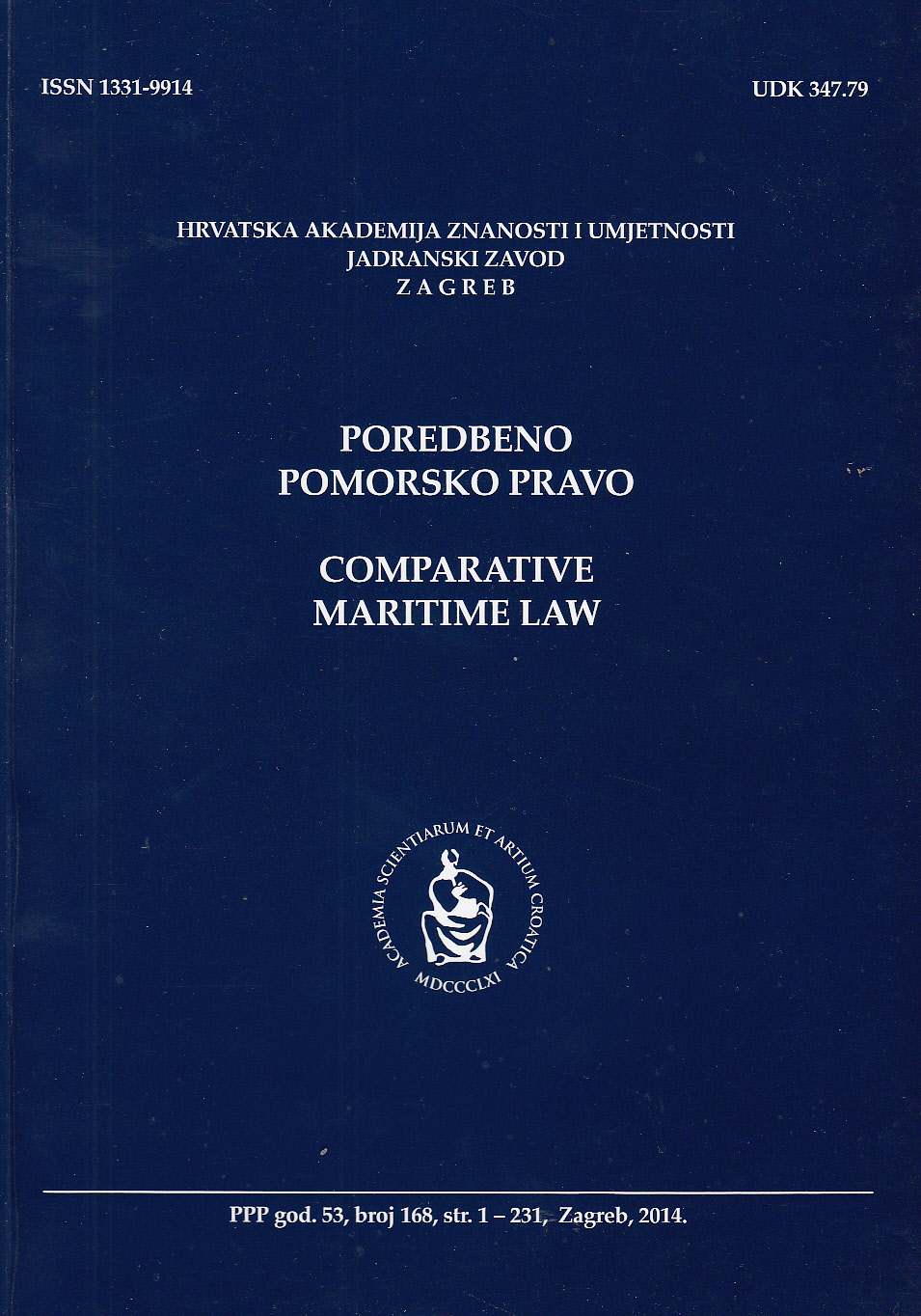
![Priznanje Ministarstva mora, prometa i infrastrukture RH Jadranskom zavodu : [obavijest, kratak osvrt]](/api/image/getissuecoverimage?id=picture_2011_44581.jpg)
